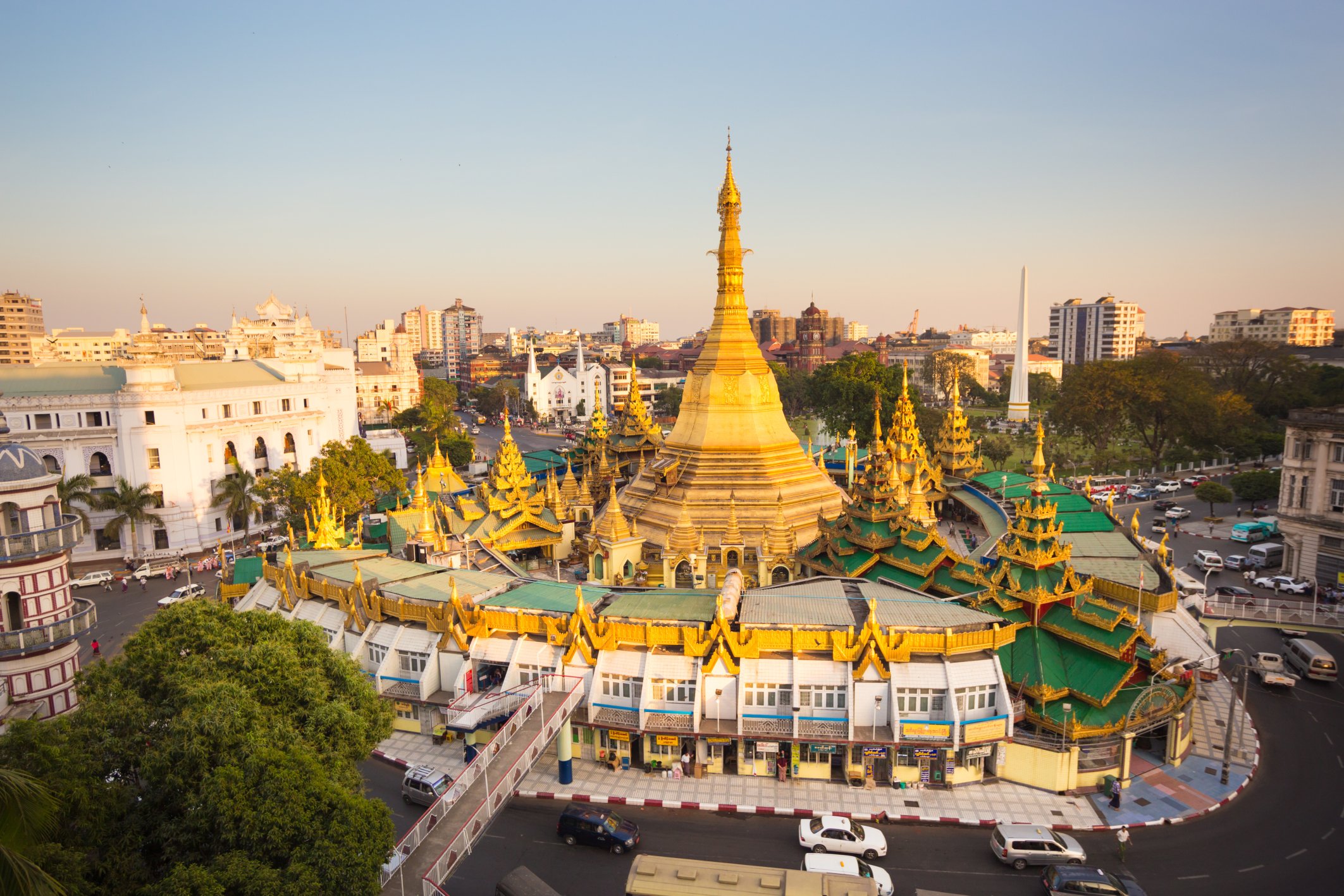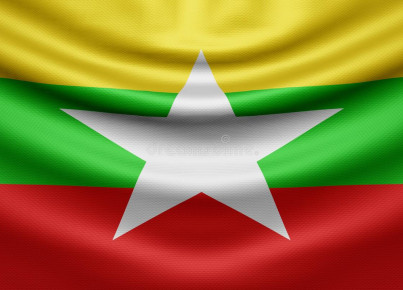The products’ boycott, the opinion of the international community and the economic crisis are shaking the international companies in the country.
The coup in Myanmar has inflicted a severe blow to the country's economy, already weakened last year by the emergency of COVID-19. The massive protests of the last five months, the workers’ strikes and the violent actions perpetrated by the Burmese army have led workers to leave the major cities and their jobs, seeking refuge in small villages and forests.
With the interruption of public and banking services and with daily internet shutdowns, the economic crisis has expanded dramatically, and the data of the latest report drawn up by the World Bank are clear: Burma's industrial sector has suffered a contraction of 11 percentage points compared to 2020, while services sector lost over 13 points. Over the years both sectors have made an important contribution to the country's economic growth: from 2014 to 2019, 6% of Burmese annual GDP growth came from the secondary and tertiary sectors, but these numbers dropped to 1% in 2020, and with 2021 forecasting even more negative figures.
These signs had already been perceived at the beginning of March when, due to the coup, 13% of companies in Myanmar had had to close their offices, waiting for a return to normality. The instability of the banking system and the inability of making online payments has inflicted a notable blow to companies: according to research involving 372 firms operating in Myanmar, 77% said that it is precisely the fragile banking system that has led to a drop in turnover.
Furthermore, as there is not much liquid money, citizens have been forced in recent months to make essential purchases with the few kyats that could be withdrawn from Burmese banks.
Five months after the military coup, international companies have now two alternatives: close their offices or bite the bullet while waiting for a stable situation in Myanmar. Foodpanda, a leading company in the food-delivery sector owned by the German Delivery Hero, has decided to continue operating in Myanmar despite the difficulties encountered in recent months with the blocking of internet and online purchases. A different choice was taken by Telenor, the Norwegian telecommunications giant which was forced to cancel contracts and all operations in the country for an estimated loss of around 780 million dollars. With regard to companies, the Burmese Civil Disobedience Movement (CDM) is also playing an important role in boycotting those companies that collaborate and fund the military government of General Ming Aung Hlaing: in recent months has been created the application "Way Way Nay ” which allows people to know if a company is directly connected to the military junta, so you can boycott it and decide to not buy its products. This has led to the boycott of products created by Chinese companies, as retaliation against Beijing, which until now has never taken a clear stance and which has repeatedly voted against the economic sanctions provided by the United Nations against the military regime.
For the CDM boycotting companies linked to the military junta may be the best solution to undermine the military and their finances: an interesting case is the sale of Burmese beer, whose companies belong to the military junta, which have seen a decrease in sales of 90%. To further hit the finances of the military junta, last March the members of the National League for Democracy asked international investors in the field of oil and gas extraction not to pay taxes to the Myanmar Oil and Gas Enterprise, the main oil and gas extraction company controlled by the Burmese army.
Finally, the influence of the international community should not be underestimated: some international brands have decided to interrupt contacts with the military government driven by the fear of episodes that could damage the brand’s name (this is the case of international brands such as Nike and Adidas which recently announced that they no longer want to use the cotton produced in the Xinjiang region). In Myanmar, H&M - the leading company in the clothing sector - announced last March that it has for the time being interrupted the relationship with its suppliers in Myanmar due to the dramatic events regarding the violation of human rights by the Burmese army. Like H&M, other international companies such as McKinsey, Coca Cola and media agency Reuters have abandoned their offices in Sule Square, a giant shopping complex in Yangon owned by the Burmese army, so as not to fund the military junta.






